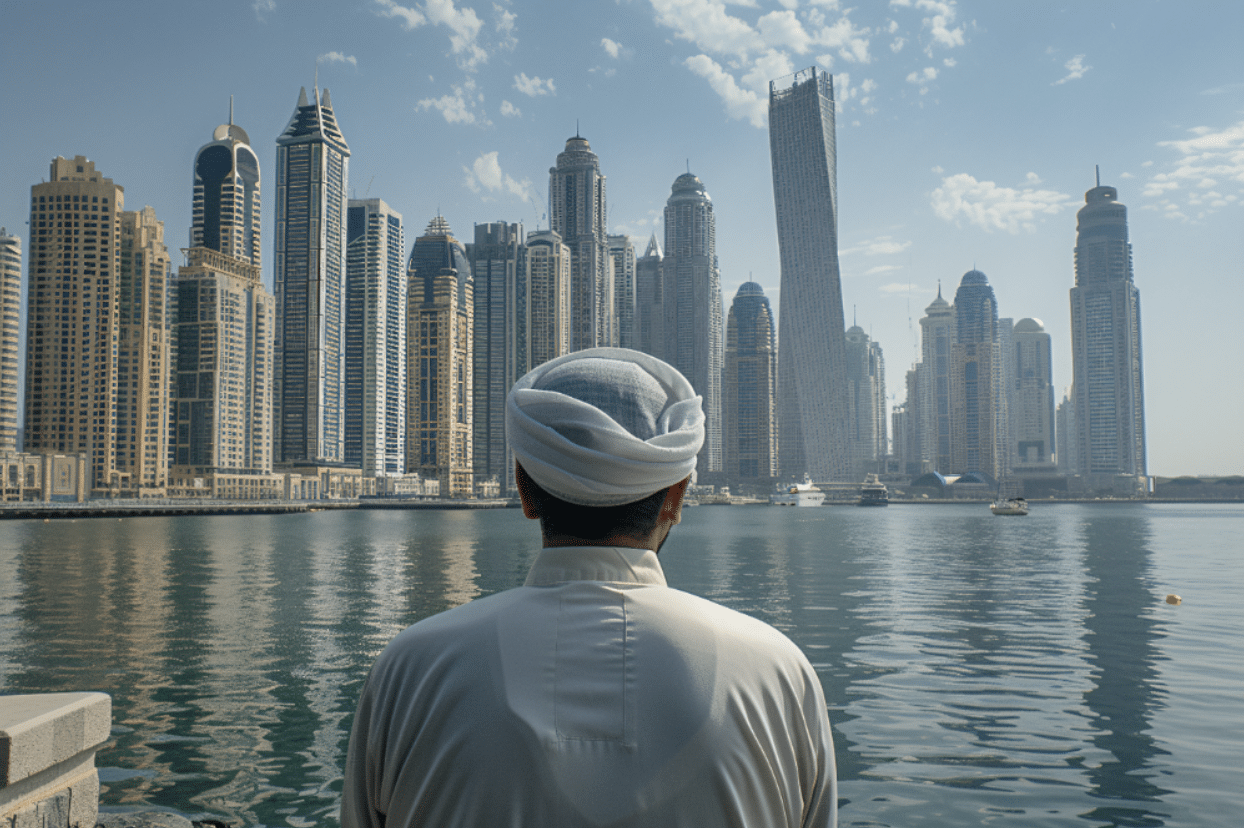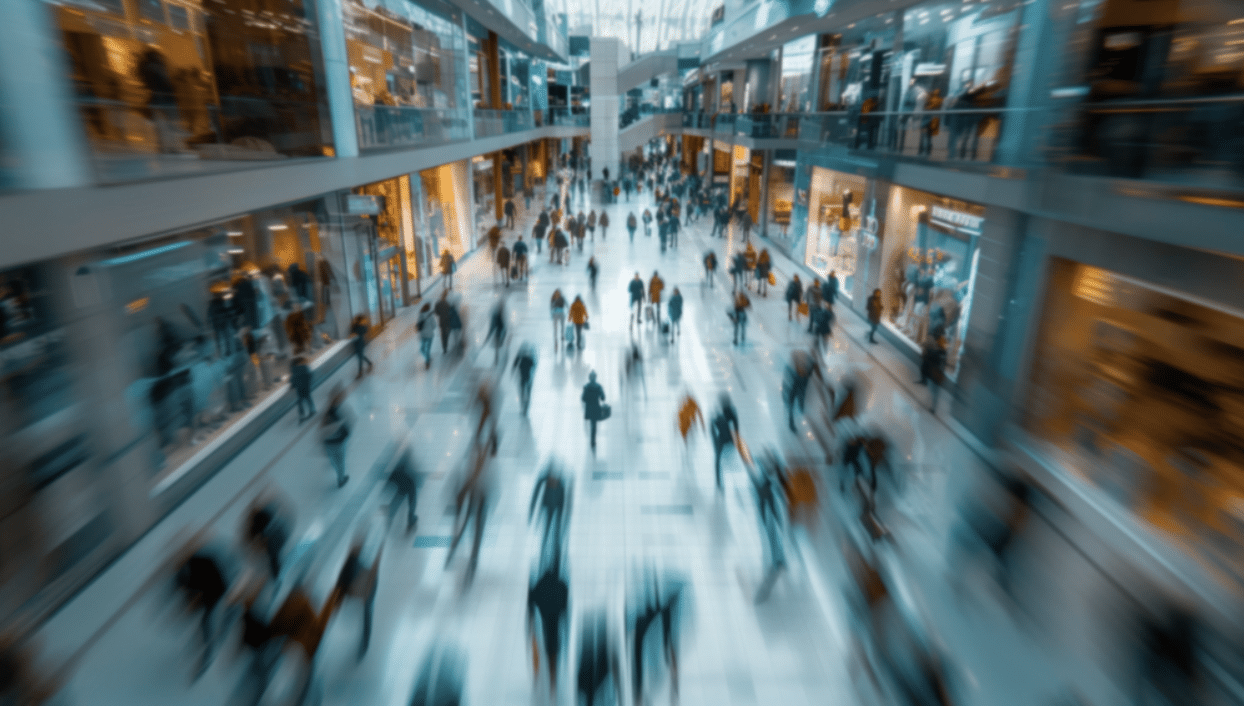Share
When a city undergoes rapid growth, it requires an advanced approach to city planning and an increased emphasis on nature-conscious urbanism or eco-urbanism. This involves finding innovative ways for urban areas to accommodate population growth without compromising environmental sustainability.
Eco-urbanism involves integrating green spaces and technology to provide efficient transportation and enhance living standards while prioritizing nature conservation.
Technological Innovations Impact on Transportation and Resource Management
There are three critical areas where technology massively impacts urban environments: smart transportation adaptation, environmentally conscious building design, and efficient resource management agriculture. Analysing such critical aspects gives a better understanding of how the latest innovations can help make cities more livable and sustainable.
Smart Transportation
Due to overcrowding and pollution concerns, large cities are increasingly leaning towards smart transport systems. For example, electric mass transit system technologies save the environment by reducing carbon emissions because they use a minimum of fossil fuels.
The new Abu Dhabi electric bus, part of the Smart Mobility Project, is similar to a tram and runs on weekends. Piloted first at Yas Island in December, these Autonomous Rapid Transit vehicles can accommodate as many as 240 passengers. Multiple emirates have introduced broader cycling infrastructure and incorporated electric vehicle (EV) charging stations in smart city initiatives to promote affordable urban mobility.
Targeting Net Zero by 2050, the UAE is promoting low-carbon investments to catalyse economic growth and job creation through eco-friendly innovations in mobility. Proof of these endeavours is the new Smart and Autonomous Vehicle Industry (SAVI) cluster, located in Masdar City in Abu Dhabi, which is part of a larger plan to transform the field of transportation.
In Dubai, the Autonomous Transportation Strategy will automatise 25% of the emirate’s transport system by 2030, adding over Dh20 billion to the economy yearly and creating a cleaner environment.
Green Buildings
As a beacon of the ‘green revolution,’ Masdar City in the UAE is a testament to the power of sustainable building technologies. It leads the way in designing buildings that harness solar energy and implementing efficient waste management systems, showcasing the potential for a sustainable future in the construction and real estate sectors.
Green building technologies not only reduce environmental impact but also offer significant long-term savings and energy efficiency. This is evident in the widespread adoption of high-performance appliances and water-saving fixtures, which are now common in sustainable buildings, demonstrating the tangible benefits of these technologies.
Moreover, the role of big data and analytics cannot be overstated in empowering cities to be more responsive and adaptive to residents’ needs, instilling a sense of confidence in the future of urban planning.
Efficient Resource Management
Efficiency in water, energy, and waste resource management has become a critical concern in modern cities. In the UAE, where 87% of the population lives in an urban environment, government officials and Ministries have placed sustainable development and growth at the center of national policy.
The UAE’s Ministry of Climate Change and Environment (MoCCaE) plays a pivotal role in promoting environmentally friendly production and consumption patterns. Through public awareness campaigns and the UAE National Sustainable Consumption and Production Plan Framework, the MoCCaE is driving the country towards a sustainable future, in line with the UAE’s Green Agenda 2030.
Both the public and private sectors in the UAE are spearheading a variety of innovative green practices, propelling society towards a circular economy. For instance, Emirates Global Aluminium (EGA) recycles an average of 33,000 hazardous SPL annually, while Gulf Cement in Ras Al Khaimah uses camel manure as a biofuel, reducing carbon emissions by 18,000 tonnes. BEEAH, another notable example, employs cutting-edge technologies and efficient methods in waste management. In Masdar City, smart meters and sensor-based systems are instrumental in reducing urban areas’ ecological footprint.
The significant savings and environmental advantages of sophisticated technologies justify the high initial costs. From a logistics perspective, retrofitting old cities with new technologies requires elaborate planning and redevelopment. On the societal level, this change is usually met with opposition from the existing industries. However, applying such technologies brings worthy rewards for cities in the long run.
Bottom Line: Thinking Ecologically For a More Sustainable Future
When harnessed for sustainability, technology can drive significant change in urban planning. Adopting sustainable technologies is no longer a luxury but a societal responsibility. By infusing eco-friendly innovations and green technology practices into all aspects of urbanism, we can elevate residents’ living conditions and contribute to a more sustainable future.
The green technology startup scene in the UAE is still relatively new, but it has the potential to transform the region. With strong governmental support, increased investors’ interest, and the need for innovations that have less negative impact on the environment, multiple startups are prepared to transform numerous industries and become the new market leaders. This is not just a technological development but a socially responsible change with a strong focus on sustainability, aiming to create a long-lasting positive environmental impact.









